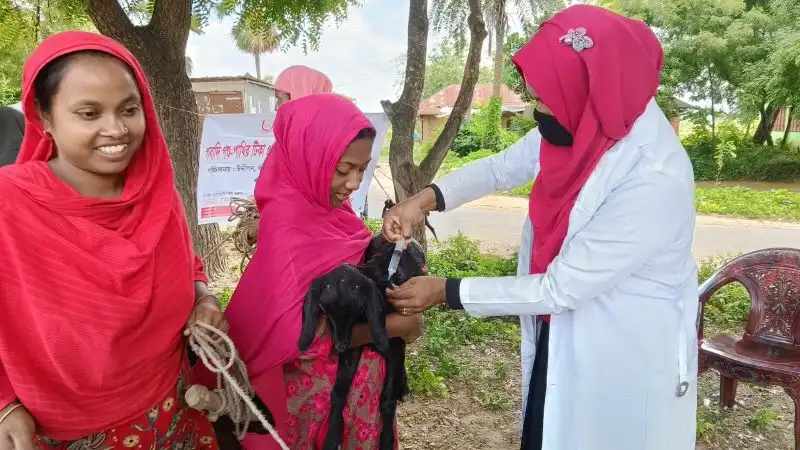Our Clean Water Initiative addresses the critical need for safe drinking water in rural communities through sustainable filtration systems and well construction.
Project Goal
To provide sustainable access to clean drinking water for 75,000 people in rural Bangladesh through well construction and water filtration systems.
50,000+
People Reached
Individuals with access to clean water35
Communities Served
Villages and communities impacted120
Wells Constructed
Water wells built and maintained75%
Reduction in Waterborne Diseases
Decrease in water-related illnessesProject Overview
This comprehensive initiative focuses on providing long-term solutions to water scarcity and contamination issues in underserved rural areas. Through community engagement and appropriate technology, we're creating lasting change. Our approach combines community participation with sustainable technology. Each project begins with comprehensive needs assessment and ends with community ownership and maintenance training.
Our Approach
We employ a holistic approach that combines community participation with sustainable technology. Each project begins with comprehensive needs assessment and ends with community ownership and maintenance training.
Community Assessment
Engaging with local leaders to identify specific water needs and challenges
Technology Selection
Choosing appropriate water solutions based on local conditions and resources
Implementation
Constructing wells and installing filtration systems with community participation
Training & Maintenance
Empowering communities with skills for long-term system maintenance
This project has transformed entire communities, giving children more time for education and reducing waterborne diseases significantly. Women now have more time for income-generating activities instead of spending hours fetching water.
— Project Manager, Clean Water Initiative: Providing Sustainable Access to Safe Drinking Water
Key Achievements
Since its launch, this project has made significant strides in improving community health and wellbeing:
Health Improvement
75% reduction in waterborne diseases across served communities
Education Impact
Children, especially girls, have more time for school instead of water collection
Women Empowerment
Women save 2-3 hours daily previously spent fetching water
Economic Benefits
Small-scale irrigation supports kitchen gardens and local agriculture






